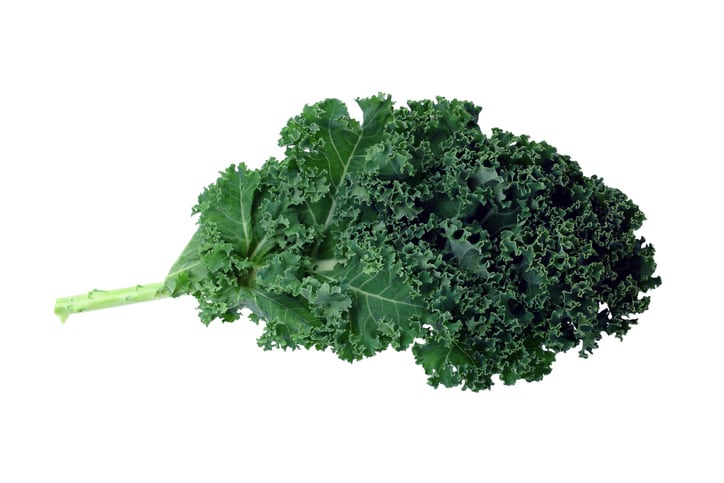As part of its strategic open innovation approach Bayer has advanced two initiatives with external partners to bring forward genome editing in vegetables. Bayer and South Korean biotech company G+FLAS have entered into an agreement to collaborate on developing genome-edited tomato varieties that are nutritionally enhanced with vitamin D3. Vitamin D deficiency is a widespread issue globally, particularly in countries where winter sunlight is limited. It affects an estimated billion people worldwide and can lead to a range of health issues including rickets.
The collaboration leverages G+FLAS’ genome editing technology and Bayer’s proprietary tomato germplasm. The tie-up also aims to use genome editing to develop seeds for a broader variety of tomato products. The technique can make changes to a plant’s genome that could also occur in nature or through conventional breeding, but in a more precise and faster way, Bayer’s head of vegetables R&D, JD Rossouw, told the World Seed Congress in Rotterdam.
“Modern breeding technologies, such as genome editing, can provide health benefits and resilience to a changing climate,” he said. “It is an important new technology in a breeder’s toolbox, and we anticipate it being a part of our pipeline moving forward.
Ruth Mathieson, global head of strategic marketing at Bayer Vegetable Seeds, added: “Bayer is deeply attuned to what consumers are seeking: Foods that are not only rich in nutrients but also delightful in taste. Our commitment is to deliver on these expectations, which, in turn, provides significant benefits throughout the value chain and enhances the competitiveness of our growers.
“We are keenly aware of the widespread issue of nutritional deficiencies in diets today. Actively working to bridge this nutritional gap is a driving force behind our growth and innovation strategy.”
Bayer set to commercialise genome edited leafy greens from Pairwise
The importance of Bayer’s strategic open innovation approach has already been proven, now most recently through a new licensing agreement with US-based pioneering food and agtech startup Pairwise. Bayer has acquired a license from Pairwise that grants rights to work with and commercialise Pairwise’s genome edited mustard greens. These are a mix of colourful leafy greens with a unique, fresh flavour and higher nutrition compared to lettuce, achieved through genome editing. They were the first gene-edited food introduced to the North American market.
“This agreement and its focus on genome-edited produce made a substantial contribution to our open innovation approach. We’re excited to partner with Pairwise on their innovative leafy greens, which deliver a new, great-tasting salad option with high nutrition value,” said JD Rossouw. “The latest deal creates value beyond just selling a product, as it also comes with rights to use the knowledge, intellectual property, and technology going forward.” The license includes commercialisation rights for the varieties developed by Pairwise and rights to develop new varieties.
New open innovation platform for genome editing in vegetables
According to Bayer, the collaborations with G+FLAS and Pairwise are an example of a crucial part of the company’s innovation strategy: combining Bayer’s leading Research & Development capabilities with knowledge and ingenuity from experts outside the company. As part of this, Bayer has now started another open innovation platform with a focus on genome editing in fruits and vegetables.
“Great innovations need great minds and the power of many,” said JD Rossouw. “This is why we are seeking to partner with academic researchers and companies to develop new fruit and vegetable products that have increased nutritional content, positive environmental impact, or enhanced consumer appeal by harnessing the speed and precision of genome editing and new breeding techniques.”




